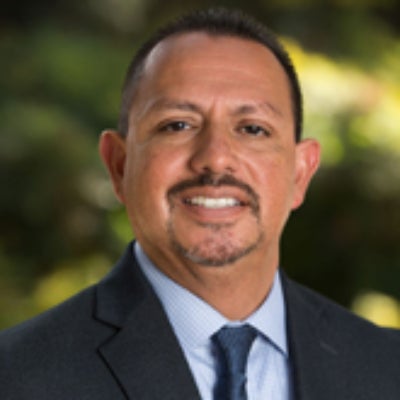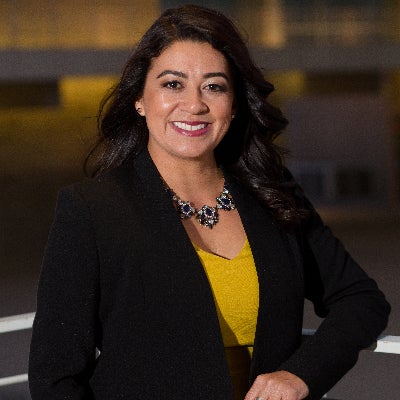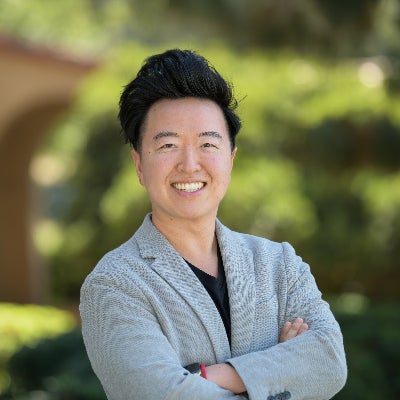R’Excellence: How Bold Hearts and Brilliant Minds are Made (UGRD 010) is a uniquely conceptualized course designed to be delivered to an in-person UCR student population. The vision for this course is to introduce our students to UCR’s dynamic faculty, their areas of expertise and research, and to demonstrate that pursuing a degree at an R1 institution means to actively engage in a vibrant research community with world-class experts and cutting-edge research. R'Excellence is a one credit course that will be held weekly on Wednesdays from 7 - 7:50 p.m. Sign up using the following CRN: 76247.
In part, the goals of the course are to:
- Expose students across UCR to a notable and interdisciplinary group of UCR faculty members.
- Provide opportunities for students to reflect upon their learning experiences in the course in order to explore what it means to become an expert.
- Develop a community of engaged learners who recognize themselves as emerging student-scholars in a Research intensive university.




